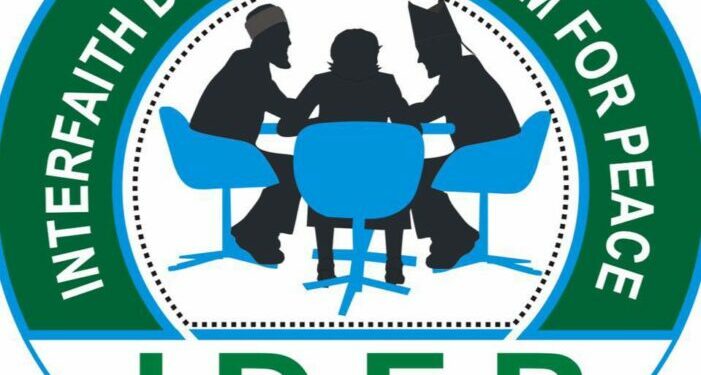The Interfaith Dialogue Forum for Peace (IDFP) has warned on the deteriorating state of the nation, citing a dangerous confluence of worsening insecurity, deepening poverty and reckless political rhetoric that are undermining Nigeria’s unity.
In a statement signed by its co-chairmen, Rev. Abainitus Akila Hamman (Christian co-chair) and Dr. Yussuf Yakub Arrigasiyyu (Muslim co-chair) yesterday, the forum of 120 senior Christian and Muslim leaders called for immediate, holistic action from all sectors of society to prevent a further descent into violence and division.
The leaders expressed concern on the alarming rise in cybercrime, cultism and youth restiveness which they stated were fueled by a deeper socio-economic crisis of rising unemployment, inflation and unequal opportunities.
“Unless addressed holistically, these hardships will remain fertile ground for radicalisation, violent extremism and violent conflicts. Peace cannot be sustained without economic justice, social inclusion, and good governance,” the forum stated.
While commending the security agencies for recent successes, including the arrest of leaders of the Islamic State in West African Province (ISWAP), the IDFP argued that the nature of insecurity had evolved.
“Insecurity today is no longer only about armed groups or weapons. It is about the weaponisation of Nigeria’s most vulnerable population which has become a silent enabler of violence, fueling crime, communal clashes and extremist recruitment. Peace cannot thrive when citizens, particularly the most vulnerable, are robbed of dignity, livelihoods and hope,” they stated.
IDFP condemned the state of the nation’s political discourse, which the leaders said was increasingly being reduced to soundbites of division rather than strategies for development.
“Equally troubling is the climate of toxic political competition, where leaders across divides often resort to inflammatory rhetoric, blame games and self-serving power struggles.
“Constructive opposition is vital for democracy, but the need for a people-centered political approach is critical for enduring democracy and good governance,” the statement added.
The forum called on Nigeria’s diverse religious and ethnic communities to be a source of strength, not division.
“Religion must not be politicised or manipulated for narrow gains; instead, it should serve as a unifying force, reminding all Nigerians of our shared destiny and responsibility for peace,” the leaders affirmed.
IDFP appealed to political leaders to tone down divisive rhetoric, embrace responsible dialogue and prioritize policies that guarantee security, justice, and inclusivity.
“Political parties should be seen to offer constructive solutions rather than deepen polarisation. The government and security agencies should intensify efforts on peacekeeping, arrest and prosecution of perpetrators of violence and insecurity, safeguard communities and livelihood, and ensure accountability in conflict prevention.
“Faith leaders, traditional rulers, and civil society should continue building bridges of trust, strengthening resilience, and resisting attempts to exploit religion or ethnicity for political gain and incitement to violence.
“As an interfaith platform, the IDFP affirms that peace and stability are collective responsibilities of all. Nigeria cannot afford deeper fractures at this critical juncture. What is required now is courageous leadership, rooted in collaboration, compassion, and the protection of every citizen’s dignity,” IDFP stated.



